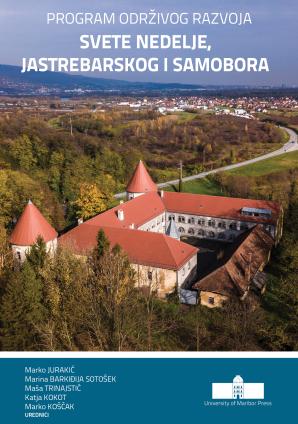Repro Eko Farm
Synopsis
Agriculture is increasingly becoming one of the most important strategic economic sectors. The goal of agricultural production is to grow high-quality and health-safe food. However, as modern society is deeply entrenched in excessive, uncontrolled, or unskilled use of various (chemical) agents to protect production, the safety and quality of the food products offered are often called into question. Natural reproduction cycles are disrupted for agricultural products and their consumers. Most alarmingly, using chemically treated products in food leads to various human metabolic disorders while leaving immeasurable consequences on nature, as the soil cannot be easily purified. How can we prevent this impending disaster? The answer lies in so-called eco-farms, or smaller estates, where economies of scale do not threaten sustainable development but encompass all three components of sustainability: ecological, economic, and social. By balancing these aspects, eco-farms encourage healthy production, reduce negative impacts on nature, and care for the health of those who consume products from these farms. This paper will present one eco-farm as a case study, and the conclusions drawn may serve as an example of good practice for other similar estates.







